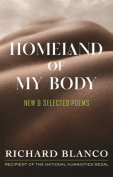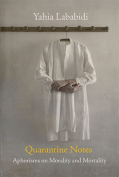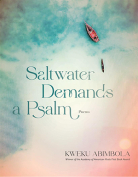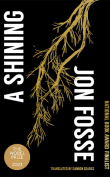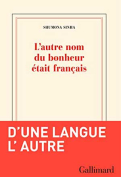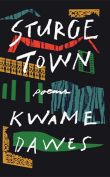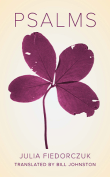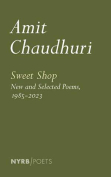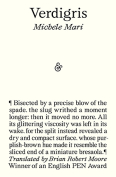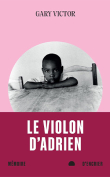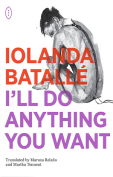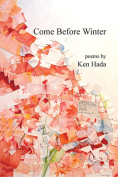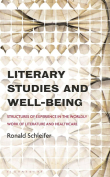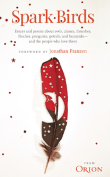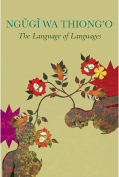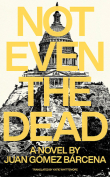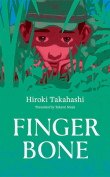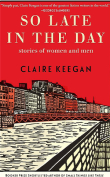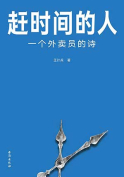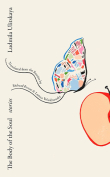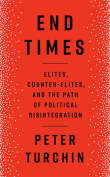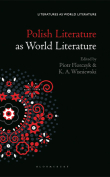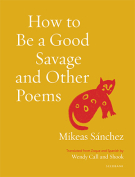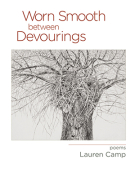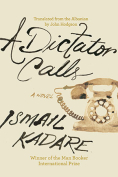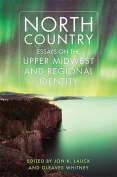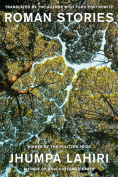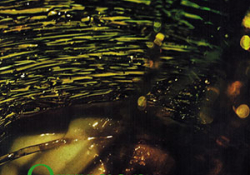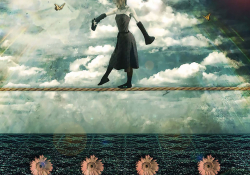Psalms by Julia Fiedorczuk
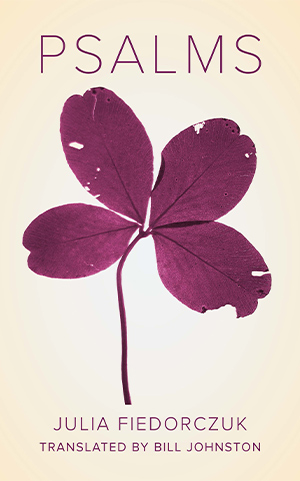 Madison. University of Wisconsin Press. 2023. 106 pages.
Madison. University of Wisconsin Press. 2023. 106 pages.
In his brief translator’s note to Julia Fiedorczuk’s Psalms, Bill Johnston recounts the 2020 interview in which he asked Fiedorczuk where her Psalms come from. Instead of offering an intellectual or aesthetic answer, Fiedorczuk turned to her body. “[W]ordlessly she pointed to the two sides of her throat,” Johnston writes, “then finally said: ‘They came from here.’”
Perhaps Fiedorczuk, a Polish poet, fiction writer, professor of English literature, and student of biblical Hebrew, knew that the Hebrew word nefesh, usually translated as soul, derives from the word for throat. The human body, this etymology suggests, is the locus for the spirit, or perhaps the body is the spirit. Long before Descartes defended a rigid dualism between the body and the mind, building on generations of Western thinkers who saw spiritual and physical substance as distinct from each other, the Hebrew word nefesh identified the soul with vulnerable human flesh.
This ancient tradition is the lineage behind Fiedorczuk’s Psalms, the second full-length English/Polish volume of her poetry, after 2017’s Oxygen (see WLT, Nov. 2014, 30). For Fiedorczuk, an experience of bodily vulnerability is a paradoxical experience of spiritual profundity. As she writes in her “Psalm XXXIII,” “behold our frailty, / behold the refuge / that it makes—” And in “Psalm VII,” Fiedorczuk recognizes sites of natural decomposition and decay as places of religious power: “I saw the tidy skeleton of the lizard / cleaned of flesh by the ants / this is where I’ll build my temple.”
Psalms, published in Poland in 2017 as Psalmy, received the prestigious Wisława Szymborska Poetry Award in 2018 and brought a new level of spiritual capaciousness to Fiedorczuk’s already accomplished work. Bill Johnston, the eminent and prolific translator of Polish lit, continues his collaboration with Fiedorczuk, which began with Oxygen, and renders with admirable precision and concision the spare rhythms of the Polish original. Critics often describe Fiedorczuk as an eco-poet, and in Psalms we see her ecological concerns and griefs expressed through an aching and at times prayerful struggle with how to live in relationship with the more-than-human world, and how to care for children in a world of war and environmental destruction.
“[I]n what language should I speak to you, sun / so you’ll rise tomorrow for my child, so you’ll / rise and stimulate the growth of our food,” Fiedorczuk asks in “Psalm III.” This is a kind of pagan liturgy, as the God of the biblical Psalms is replaced with the sun and the natural processes that enable life on earth. The stanza’s gesture—framing a question of what appeal will satisfy, and can elicit benevolence from, the powerful being humanity relies on—is the same as that of so many ancient Hebrew prayers; only the prayer’s addressee has changed.
But Fiedorczuk’s next stanza is a distinctly modern response to a distinctly modern reality of human-caused ecological catastrophe: “how should I sing it for my child / how should I sing to you, planet, so you’ll forgive me / for giving birth to appetite, for giving birth.” Like the biblical King David, Fiedorczuk wonders through poetry how she might find absolution for her sins. Fiedorczuk, however, lives in a time when overpopulation and overconsumption threaten to destroy increasing numbers of creatures and ecological systems, which are precisely those nonhuman beings and processes her poems address. For Fiedorczuk, unlike the biblical David, the fact of human life itself imperils the existence of those to whom she prays.
Fiedorczuk’s simultaneous love of and fear for humanity, and love of and fear for the natural world, animate Psalms. But because Fiedorczuk ascribes to a tradition that finds the soul in the throat, and timeless spirituality in the muck and fragility of mortality, the possibility of transcendence is never far from these poems, even in their grief and fear: “beauty exists: it opens us once more, feeds us,” she writes in “Psalm XXXVIII,” even when we are “wandering between the day’s fresh / blood and the smoke, the smoke and the green.”
The poems in Psalms are as haunted by death as by beauty and offer their readers a vital reminder that death and beauty are not as opposed to each other as they might seem. Perhaps this message, if enough people are willing to hear it, can call us back from our appetites and consumptions and compel us to embrace instead the exquisite vulnerability so much consumption exists to hide. As Fiedorczuk reminds us, our vulnerability is all the power we need, “since our frailty / has its own flower-wreathed throne.” (Editorial note: For more by Fiedorczuk, see her essay “Strangers in the Country of the Poet.”
Daniel Kraft
Richmond, Virginia
